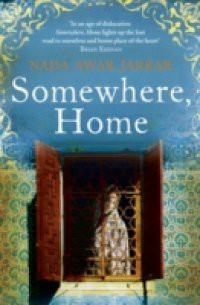Since World War II, Jewish-American novelists have significantly contributed to the world of literature. This reference book includes alphabetically arranged entries for more than 75 Jewish-American novelists whose major works were largely written after World War II. Included are entries for both well-known and relatively obscure novelists, many of whom are just becoming established as significant literary figures. While the volume profiles major canonical figures such as Saul Bellow, Norman Mailer, and Bernard Malamud, it also aims to be more inclusive than other works on contemporary Jewish-American writers. Thus there are entries for gay and lesbian novelists such as Lev Raphael and Judith Katz, whose works challenge the more orthodox definition of Jewish religious and cultural traditions; Art Speigelman, whose controversial ^IMaus^R established a new genre by combining elements of the comic book and the conventional novel; and newcomers such as Steve Stern and Max Apple, who have become more prominent within the last decade. Each entry includes a brief biography, a discussion of major works and themes, an overview of the novelist's critical reception, and a bibliography of primary and secondary sources. A thoughtful introduction summarizes Jewish-American fiction after World War II, and a selected, general bibliography lists additional sources of information.Since World War II, Jewish-American novelists have made numerous significant contributions to contemporary literature. Authors of earlier generations would frequently write about the troubles and successes of Jewish immigrants to America, and their works would reflect the world of European Jewish culture. But like other immigrant groups, Jewish-Americans have become increasingly assimilated into mainstream American culture. Many feel the loss of their heritage and long for something to replace the lost values of the old world.This reference book includes alphabetically arranged entries for more than 75 Jewish-American novelists whose major works were largely written after World War II. Included are entries for both well-known and relatively obscure novelists, many of whom are just becoming established as significant literary figures. While the volume profiles major canonical figures such as Saul Bellow, Norman Mailer, and Bernard Malamud, it also aims to be more inclusive than other works on contemporary Jewish-American writers. Thus there are entries for gay and lesbian novelists such as Lev Raphael and Judith Katz, whose works challenge the more orthodox definitions of Jewish religious and cultural traditions; Art Speigelman, whose controversial ^IMaus^R established a new genre by combining elements of the comic book and the conventional novel; and newcomers such as Steve Stern and Max Apple, who have become more prominent within the last decade. Each entry includes a brief biography, a discussion of major works and themes, an overview of the novelist's critical reception, and a bibliography of primary and secondary sources. A thoughtful introduction summarizes Jewish-American fiction after World War II, and a selected, general bibliography lists additional sources for information.













